Cooking And Eating Safely During A Hurricane
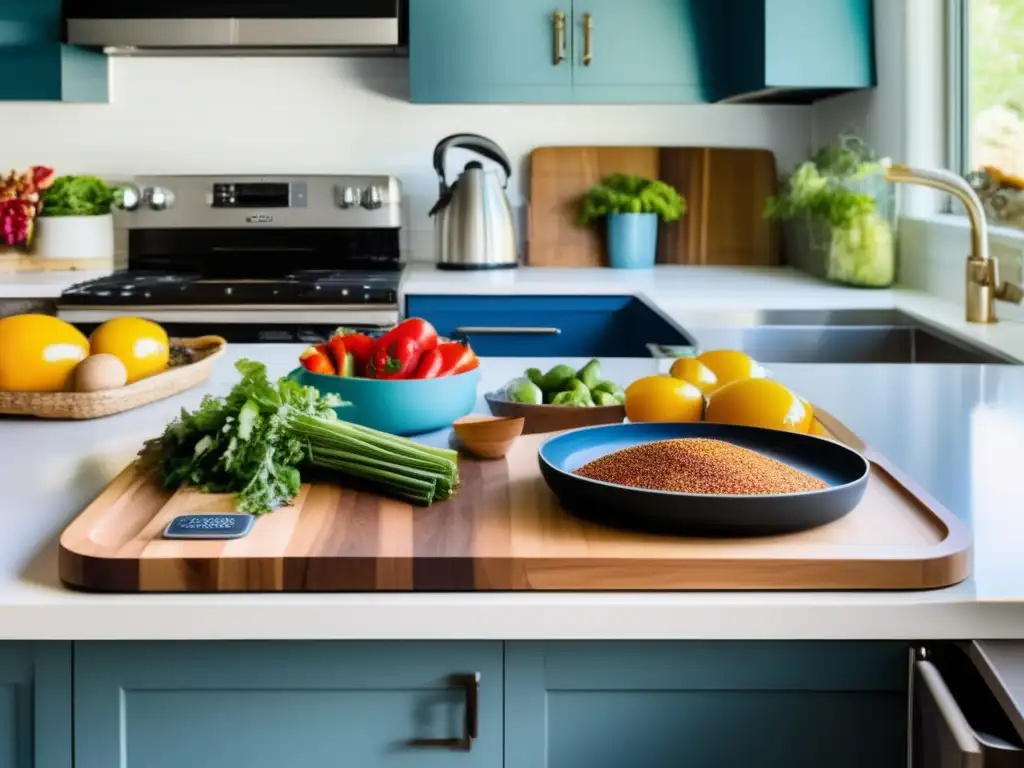
Cooking and Eating Safely During a Hurricane
Introduction
Hurricanes can be devastating natural disasters that can leave people without access to basic necessities. This includes food and water, which makes cooking and eating during a hurricane an important issue to consider. In this article, we will explore the best ways to cook and eat safely during a hurricane.
Preparing Food Before a Hurricane Hits
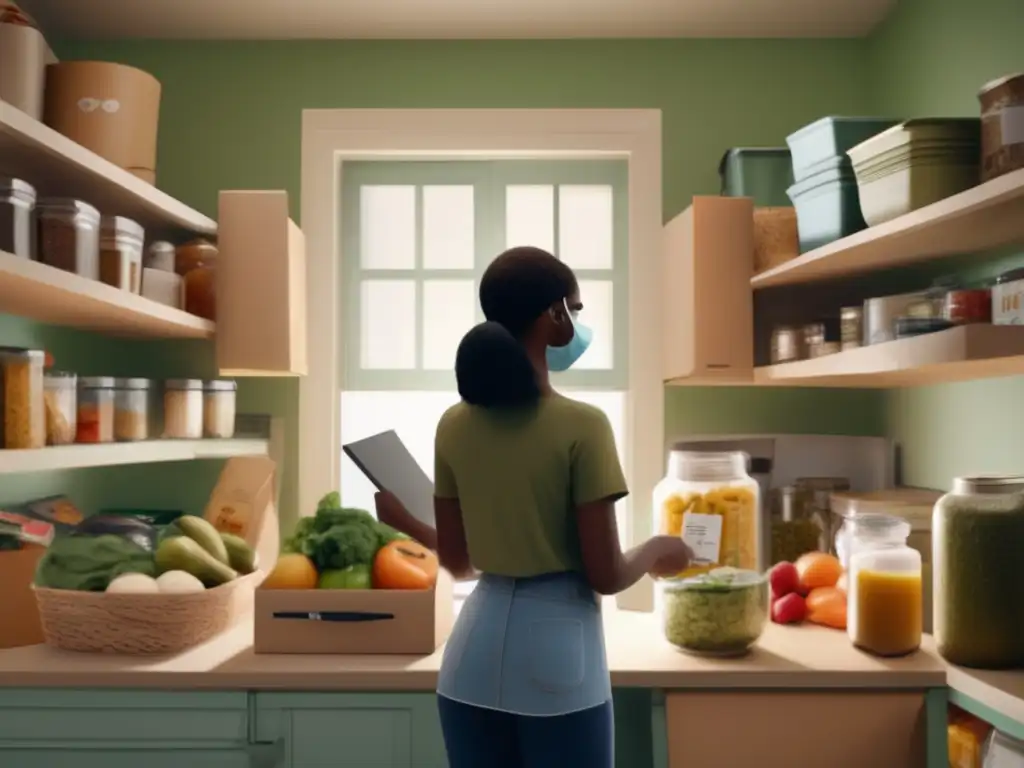
Stock Up on Non-Perishable Food Items
One of the most important steps to take before a hurricane hits is to stock up on non-perishable foods, such as canned goods, dried fruits and nuts, peanut butter, and crackers. These foods can be consumed without cooking and can last for months in storage. Make sure to also stock up on bottled water, as clean running water may not be available during or after a hurricane.
Store Your Food Properly
If you have perishable foods such as raw meat, eggs, and dairy products, make sure to store them properly in your refrigerator or freezer before a hurricane. Set your refrigerator temperature to below 40 degrees Fahrenheit and your freezer temperature to below 0 degrees Fahrenheit. When a hurricane is imminent, transfer your perishable items to a cooler with ice.
Prepare Your Cooking Equipment
Make sure that your cooking equipment is functioning properly before a hurricane. Check to see if your grill or camping stove is working properly and that you have enough fuel. If you plan to use a generator, make sure it is in good working condition and stored in a well-ventilated area away from your living space. Most importantly, never use a generator indoors as it can release dangerous carbon monoxide gas.
Cooking Safely During a Hurricane
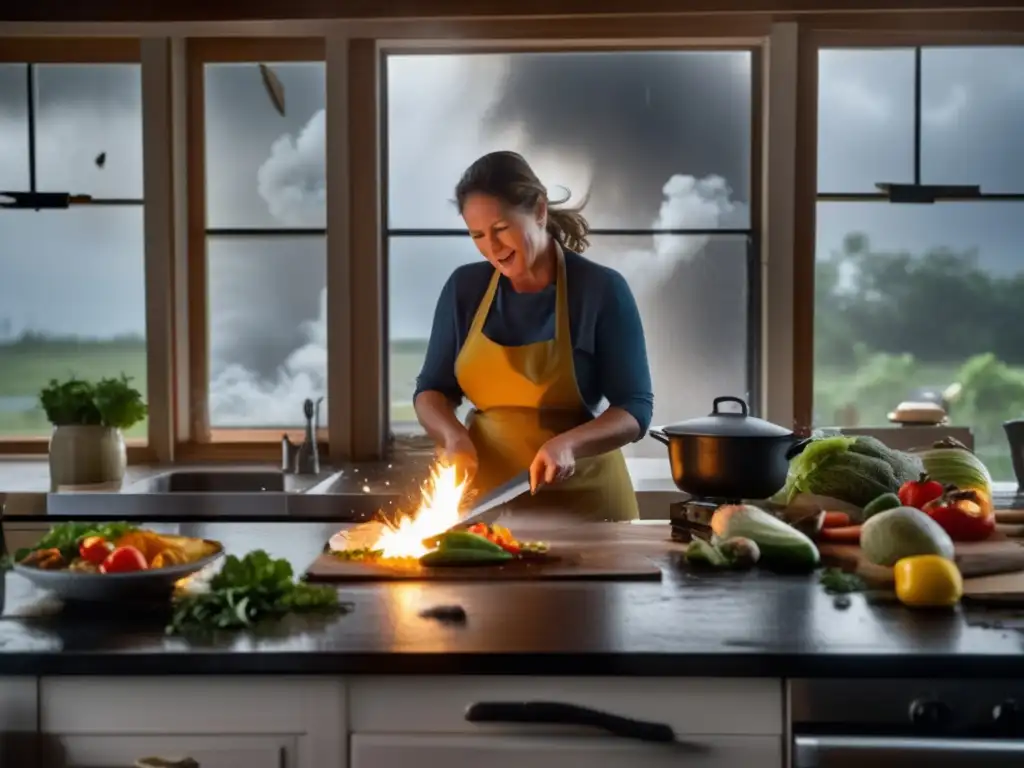
Use Safe Cooking Methods
During a hurricane, it is important to use safe cooking methods to avoid any potential hazards. Use a gas stove or grill outside on dry ground, away from any overhanging branches or power lines. Do not use a charcoal grill indoors as it can release toxic fumes.
Clean All Utensils and Surfaces
Make sure to clean all utensils and surfaces that come into contact with food using soap and clean water. If you don't have access to clean water, use disposable plates and utensils to avoid cross-contamination.
Avoid Consuming Flood-Damaged Foods
If your home has been flooded, it is important to dispose of any food items that may have come into contact with floodwater. This includes canned goods, as the contents can become contaminated if the can is damaged or has been submerged in water.
Eating Safely During a Hurricane
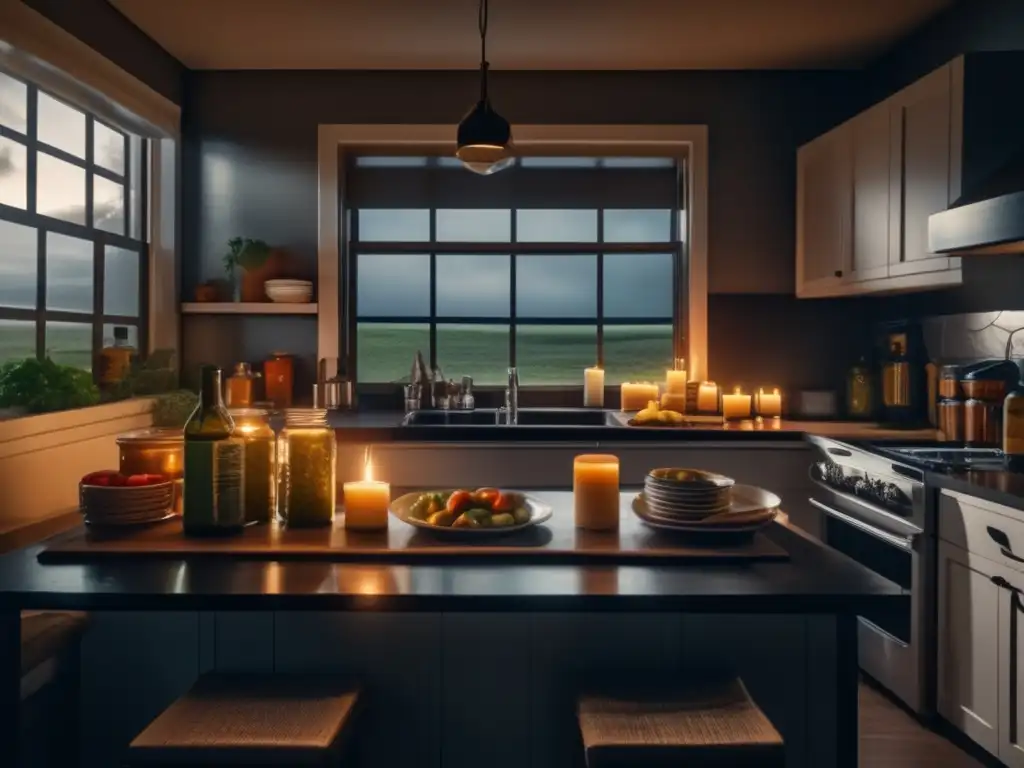
Check Food for Signs of Spoilage
Before consuming any food, make sure to check for signs of spoilage, such as discoloration, unpleasant odors, or unusual texture. If you suspect that food has gone bad, don't take any chances and throw it out immediately.
Follow Food Safety Guidelines
When eating during a hurricane, it is important to follow basic food safety guidelines. Keep food hot until ready to eat and refrigerate leftovers immediately. Avoid leaving perishable foods out at room temperature for extended periods of time, especially in hot and humid climates.
Be Mindful of Portion Size
During a hurricane, it can be tempting to indulge in comfort foods. However, it is important to be mindful of portion size, as overeating can lead to unnecessary waste and potentially leave you without enough food until the next supply run.
Frequently Asked Questions
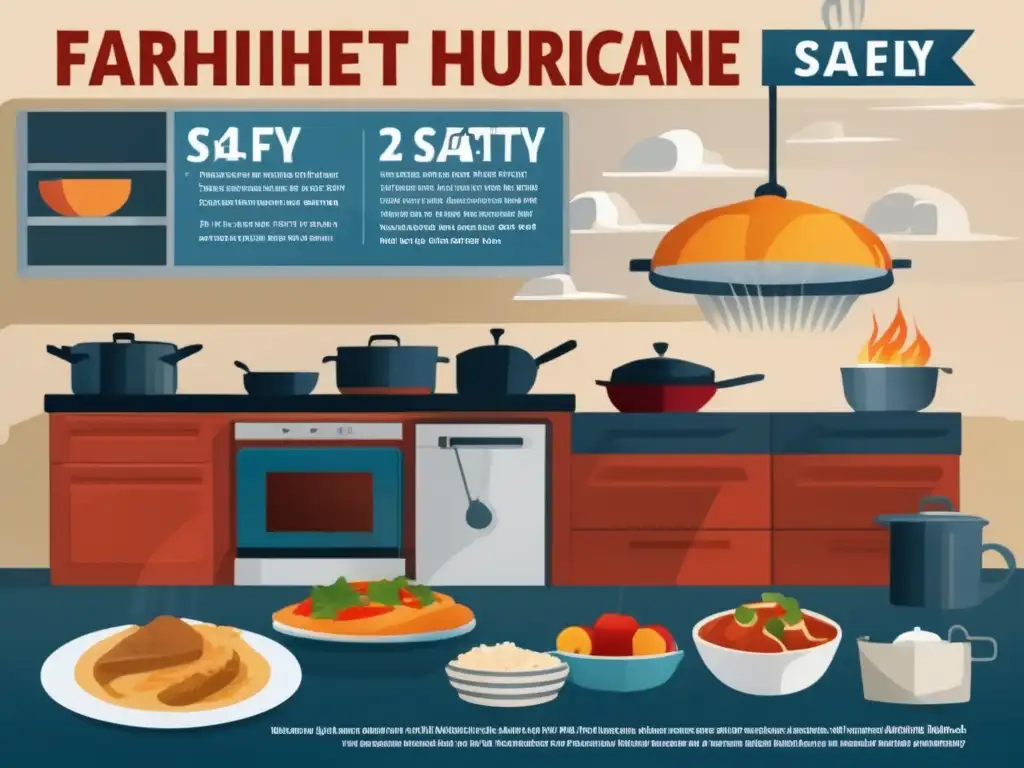
-
Can you use a stove during a hurricane?
You can use a gas stove during a hurricane, but make sure to do so outside on dry ground away from any overhanging branches or power lines.
-
Is it safe to eat canned food during a hurricane?
Yes, canned food is safe to eat during a hurricane as long as the can has not been damaged and does not show signs of bulging or leakage.
-
Can you use a charcoal grill indoors during a hurricane?
No, do not use a charcoal grill indoors as it can release toxic fumes.
-
How should I store my food before a hurricane?
If you have perishable foods, store them in your refrigerator or freezer set below 40 degrees Fahrenheit and 0 degrees Fahrenheit respectively. If a hurricane is imminent, transfer your perishable items to a cooler with ice.
-
What are some non-perishable food items to stock up on before a hurricane?
Some examples of non-perishable foods include canned goods, dried fruits and nuts, peanut butter, and crackers.
Conclusion
Cooking and eating safely during a hurricane requires preparation and caution. By stocking up on non-perishable foods and properly storing perishable items before a hurricane hits, you can ensure that you have access to food during and after the storm. Additionally, using safe cooking methods, clean utensils and surfaces, and following basic food safety guidelines can help prevent any potential hazards. Remember to be mindful of portion size and avoid consuming flood-damaged foods. Stay safe and stay prepared!
Additional Resources
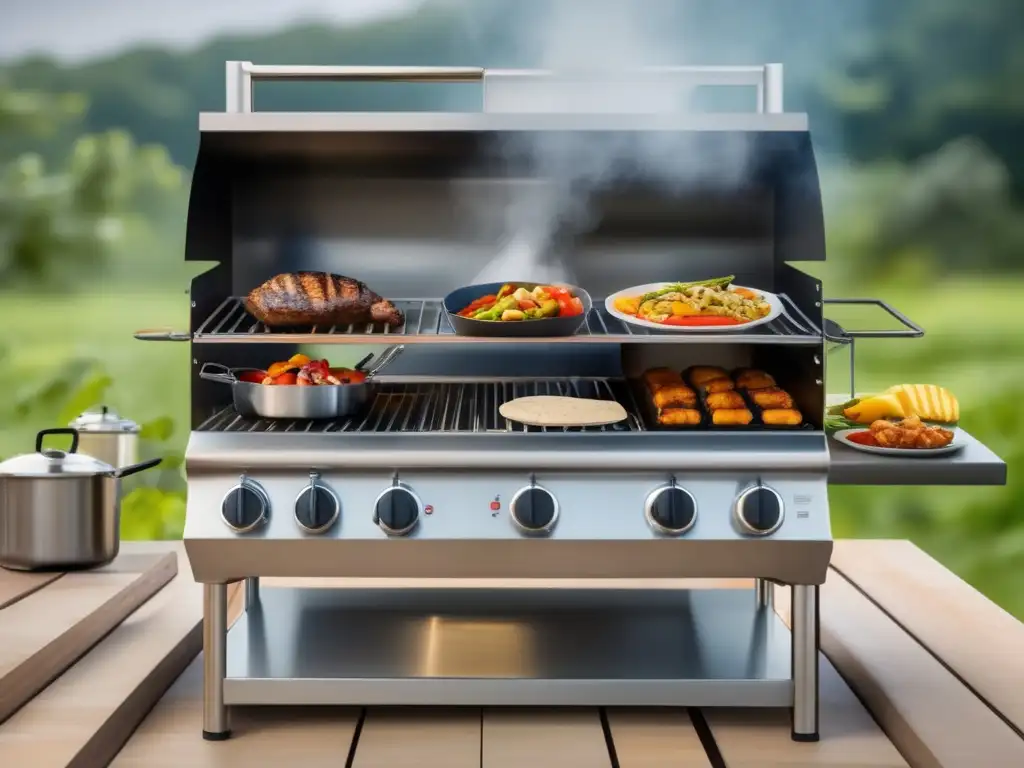
For more information on hurricane preparedness and safety, visit these resources:
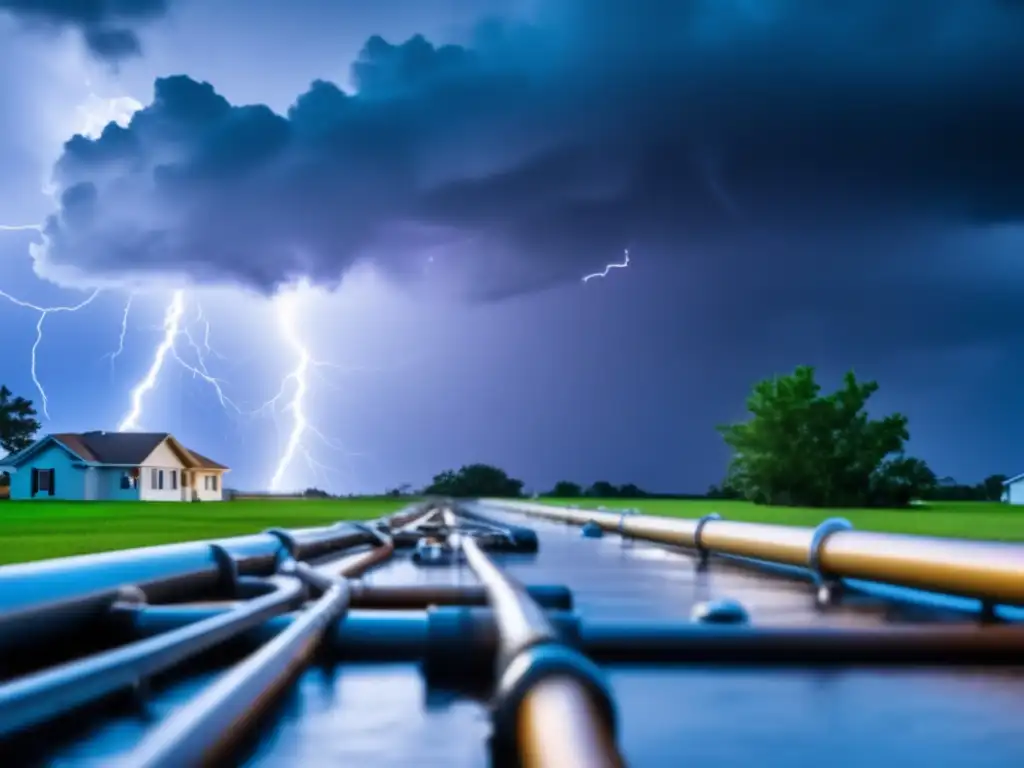 Dealing With Plumbing Issues During A Hurricane
Dealing With Plumbing Issues During A Hurricane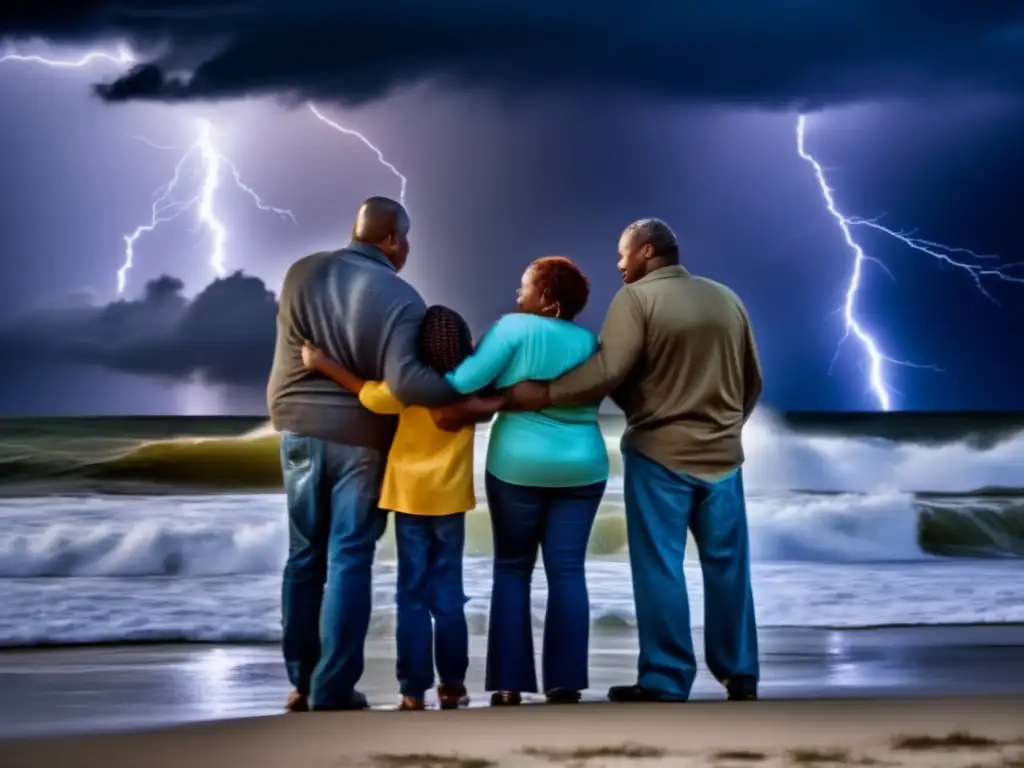 Ensuring The Safety Of Elderly Family Members During A Hurricane
Ensuring The Safety Of Elderly Family Members During A Hurricane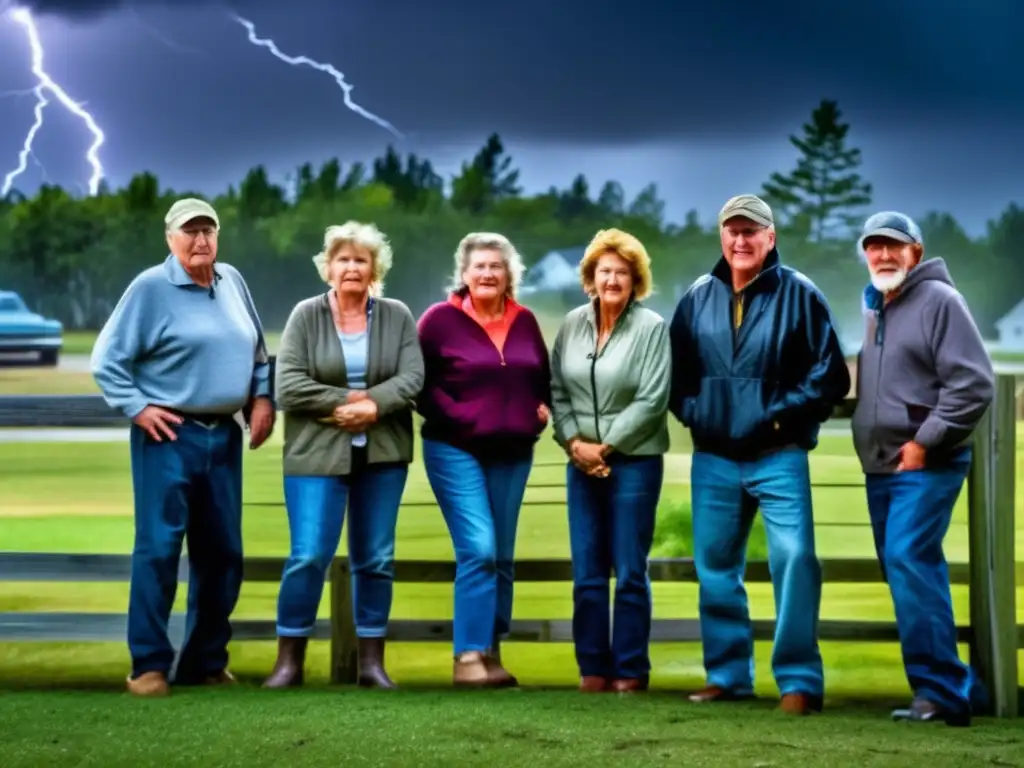 Home Alone: Safety Tips For Teens During A Hurricane
Home Alone: Safety Tips For Teens During A HurricaneIf you want to discover more articles similar to Cooking And Eating Safely During A Hurricane, you can visit the During the hurricane: category.
Leave a Reply

Articulos relacionados: